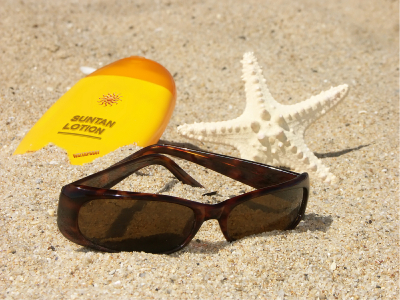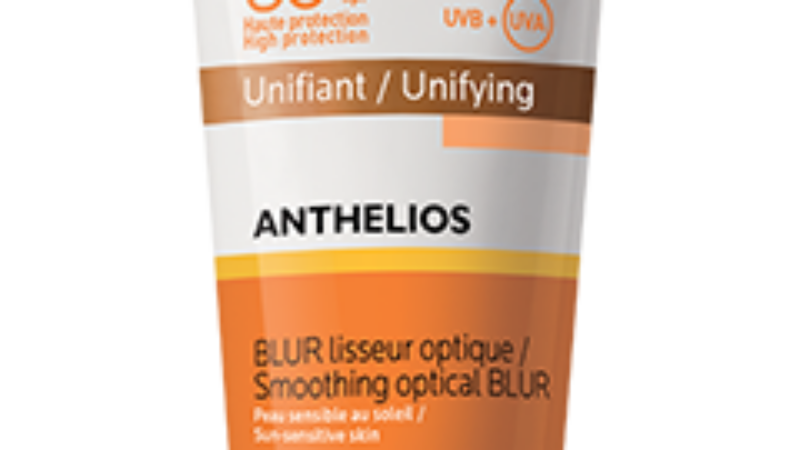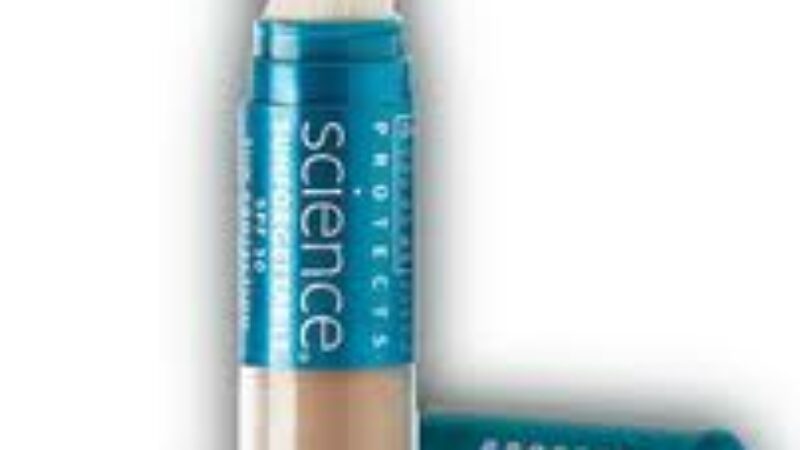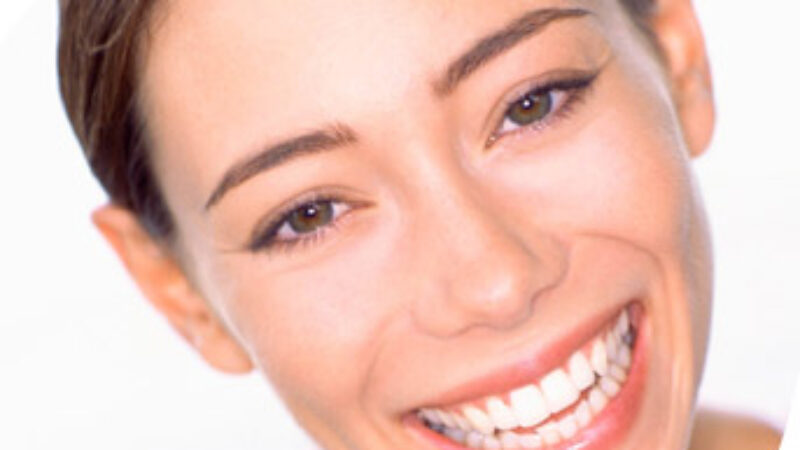According to Dr Barry Powell, UK National Director on Skin Cancer ‘The number of people being diagnosed with a malignant melanoma has quadrupled since the 70s and is still going up.’ Unlike with many cancers, young people are the most at risk. ‘It kills 2,600 people a year, mostly in their 20s and 30s who love the sun.’
A recent article can help you to separate fact from fiction and keep your skin safe this summer.
- Women sunbathe more, so they are more at risk FALSE It’s true that more women are diagnosed, but they’re also better at getting moles checked early. More men die of skin cancer because they leave it too long before getting checked.
- Skin cancer is easily cured, you just have to remove the mole. FALSE If caught early enough, skin cancer can be cured, but it spreads quickly to the lymph nodes and other organs. Also, it doesn’t respond well to chemotherapy, so treatments are limited.
- Even wearing SPF50 doesn’t protect you from the sun 100%. TRUE ‘People go out in the sun when it’s at its hottest, thinking they’re OK because they have sunblock on, but it only gives you 85% protection at best,’ says Dr Powell. During the hottest hours of the day (between 11am and 3pm), cover up and stay in the shade as much as possible.
- There’s no point buying anything higher than SPF30 TRUE Don’t fret about buying pricey SPF50s, says Dr Powell. ‘SPF 25-30 is all you need. Anything above that doesn’t give you much additional protection.’ (Our note: higher SPFs often result in higher UVA and UVB protection. That said, SPF 60 offers about 99% UVB protection. Any higher than that is minimal)
- If I go to my GP it’ll take forever to be referred to a specialist FALSE ‘The two-week rule means if your doctor is concerned about your mole he’s obliged to make sure you’re seen within two weeks.’ says Dr Powell. (Note: these are UK regulations)
- Being in the sun has health benefits TRUE ‘There are lots of positive effects of being in the sun,’ says Dr Powell. ‘It’s a major source of vitamin D and also has a great feel-good factor. We don’t recommend people stay out of the sun completely, just limit the amount of time they spend in it.’
- You can only take sunblock on holiday once TRUE Sun creams have a shelf life of 2-3 years, but exposing them to direct sunlight can make them go off. If yours was sitting next to you on the beach last year it’s probably time to get a new bottle. (Note: most sunscreen manufacturers state that their product is good for 12 months once opened. However, heat and humidity will decrease this)
- You only get skin cancer on the areas you’ve exposed FALSE ‘You can get sunburned on your back and it will encourage a mole somewhere else to change,’ says Dr Powell. ‘I saw a nun recently who had a melanoma on her bottom, she certainly hadn’t had any sun there.’ Check all moles regularly.
- The sun’s not strong enough in this country to cause cancer FALSE ‘The highest instance of malignant melanoma in the UK is in Western Scotland,’ says Dr Powell. ‘The sun doesn’t shine much there but there’s lots of people with Celtic skin who burn easily.’ If you have pale skin take extra care. (Of course, think differently if you live elsewhere – the Southern US, Southern Europe and anywhere in the Southern Hemisphere)
- 10 An SPF30 always give you 30 times your natural protection FALSE Unless you apply the right amount (a fistful for an adult, a golf ball for a child) SPF protection drops steeply. One study found if you slapped on half the recommended amount of SPF70, you’d get a shockingly low SPF of 8.4. Most people apply a quarter of the amount they should.




